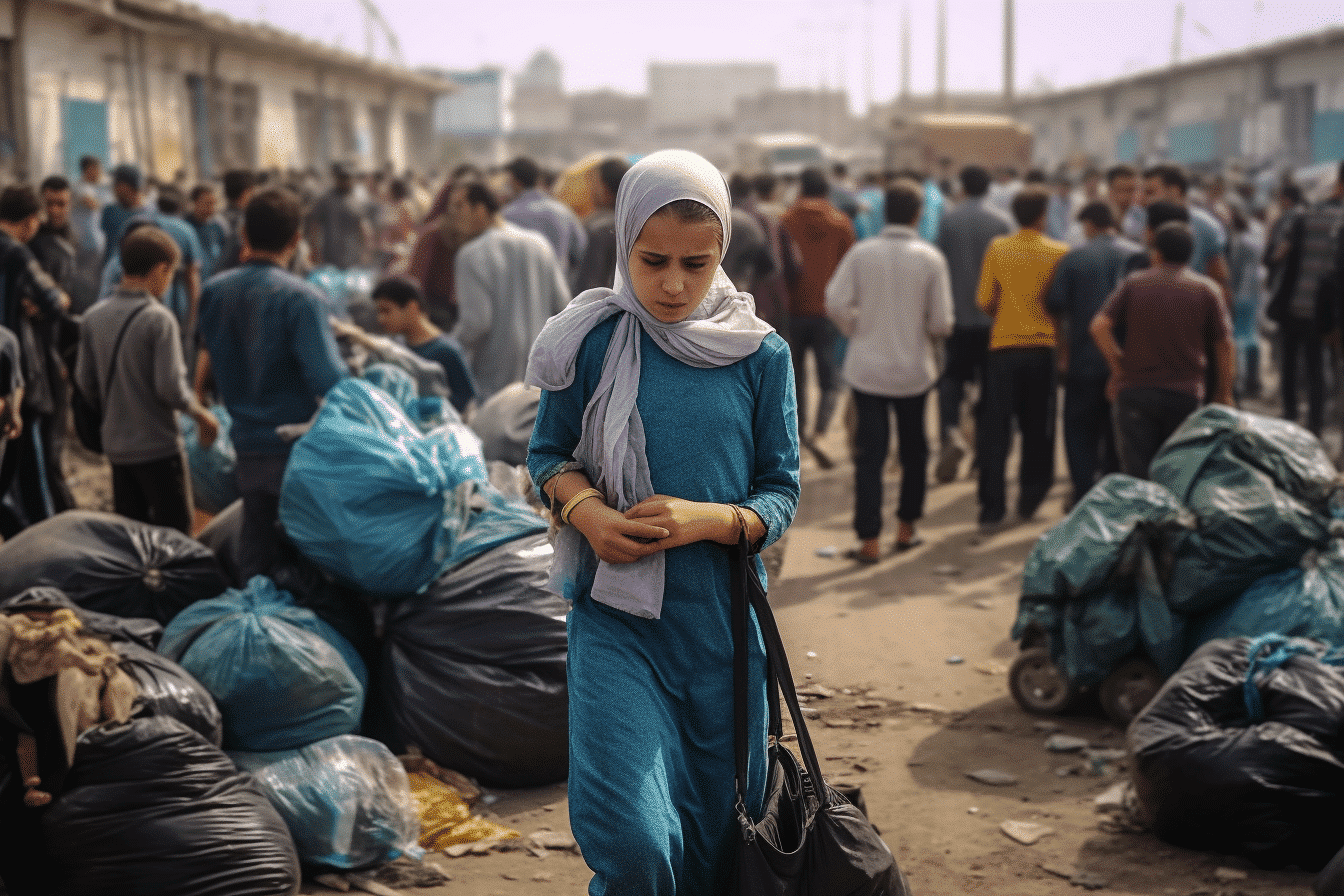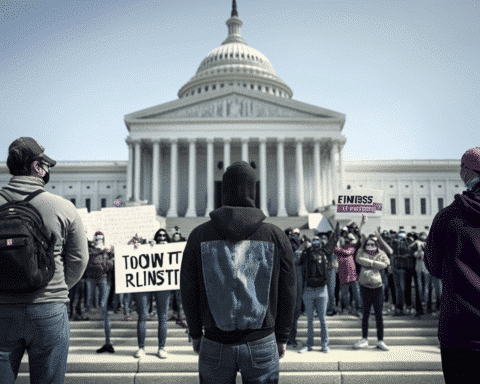To ease the escalating tension in the Gaza Strip, Israel has decided to permit Egypt to deliver limited humanitarian aid to the besieged region. This move comes in light of a request from the visiting U.S. President, Joe Biden.
In an official statement, Israel’s Prime Minister, Benjamin Netanyahu, clarified that the aid would encompass essential commodities like food, water, and medicine, ensuring that these provisions don’t reach the Hamas faction. Notably absent from the approval list was the vital fuel supply.
The timing for the aid’s commencement remains uncertain. Complications arise from the limited capacity of Egypt’s Rafah crossing, which has sustained damage from Israeli airstrikes. Having control over most entry points into Gaza, Israel has firmly stated it will not facilitate deliveries from its territory. A stipulation added was the need for the International Red Cross to gain access to kidnapped Israelis held in Gaza.
Recent events have been fraught with tension and heartbreak. Following a catastrophic explosion at a Gaza City hospital, doctors, faced with a lack of medical supplies, were compelled to perform surgeries under precarious conditions, often without anesthesia. The explosion’s origins are disputed. Hamas attributes it to an Israeli airstrike, claiming nearly 500 casualties. Contrarily, Israel contends that the devastation was due to a misfired rocket from the Islamic Jihad group, another faction active in Gaza. These claims have not been independently verified.
President Joe Biden, expressing his concern over the dire situation in Gaza, seemed to absolve Israel of blame for the hospital explosion. He remarked to Netanyahu, “Based on what I’ve seen, it appears as though the other team, not you, did it.”
With violence persisting, hopes for a broader regional peace hang in the balance. Israeli strikes on Gaza continued, and Palestinian rocket attacks on Israel resumed shortly before Biden’s arrival. The war’s ignition can be traced back to October 7, when Hamas militants initiated attacks on communities in southern Israel.
The international community watches with bated breath as more information unfolds. Amid the ongoing violence, leaders and citizens hope for a reasonable resolution and cessation of hostilities.
The lingering aftermath of the war poses profound questions about responsibility, guilt, and the long-term consequences for Israel and Gaza. As both sides present their narratives and evidence, the broader global community grapples with understanding the intricate dynamics at play.




